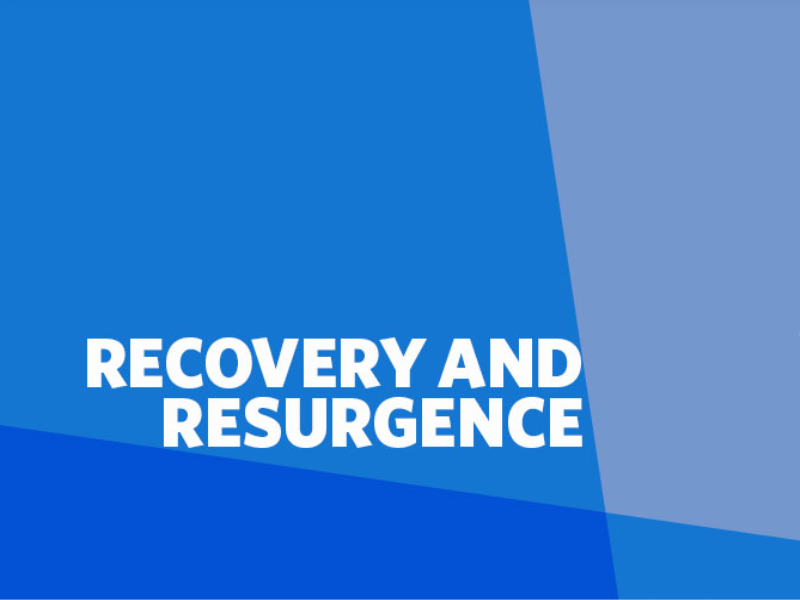Diana Marszalek 06 Apr 2020 // 1:10AM GMT

ST. LOUIS — FleishmanHillard has launched a new global practice aimed at helping organizations successfully return to business after the Covid-19 pandemic.
The firm’s recovery and resurgence practice will provide organizations communication expertise to help them successfully return to business once the coronavirus shutdown is over, as well as adapt to what will surely be a changed business and social environment. Senior partner Peter Verrengia will head the group.
Businesses across-the-board will have to show stakeholders that they are well-positioned for recovery, as well as keep them updated on progress and plans for the future along the way, FleishmanHillard said in announcing the practice. Organizations also will be held accountable for their responses to the pandemic and foster confidence among stakeholders.
The practice will pool talent from across the agency to work with clients on brand and reputation, while also sharing best practices across disciplines, industry sectors and geography. The group will include experts in complex crisis and recovery, large-scale communications and organizational transformation and stakeholder relations.
The practice team also will partner with FleishmanHillard client service teams to leverage that group’s deep knowledge of individual client situations and opportunities.
“Recovery is going to be a process, not an event, and not a linear process in most places,” Verrengia said. “The most successful organizations will not stop at planning to rebuild. They will focus on resurgence in an environment that is going to look very different across industries and geographies during the remainder of this year and into 2022. The definition of success cannot be a return to normal. We have left business as usual behind and that cannot be a future goal. Organizations need to move from today’s ‘business as possible’ to the strongest possible recovery in the context of the reality we find at the end of the pandemic curve.”
“All successful crisis recoveries share one characteristic. The seeds of recovery start at the earliest stages of crisis response. Despite the size of this crisis, and the severe pressures that so many organizations are confronting today, leaders need to allocate a percentage of effort now to look ahead to multiple recovery and resurgence scenarios. Among other factors, their teams need to anticipate how they will manage relationships and communicate differently in an economic environment shaped by new expectations from consumers, employees, shareholders and many other business stakeholders,” Verrengia said.


































.jpg)

















